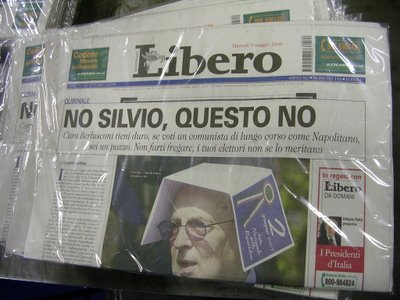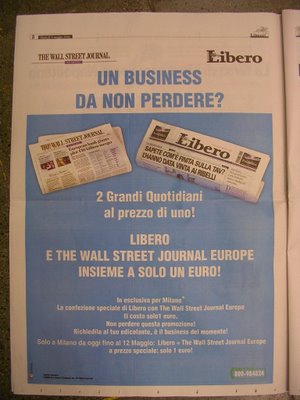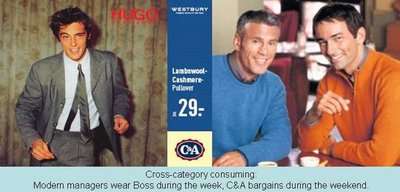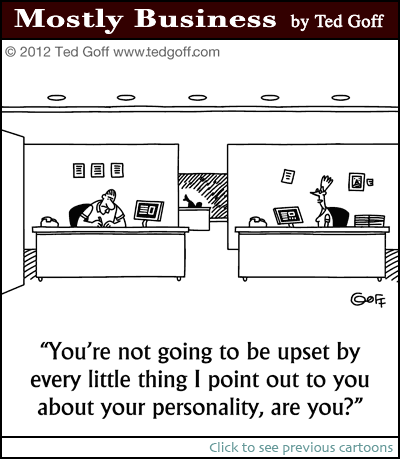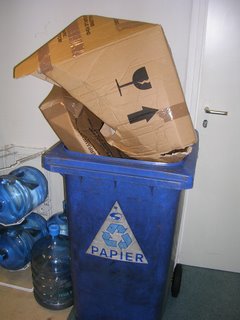 It was standing still and quite in the corner of a small WSJE kitchen. I don't know why or how but when I passed the dumpster with a cup of capucino I noticed what I thought were books under the cardboard boxes. I removed the cardboard and yes, somebody must have taken the decision to unload part of his or her library.
It was standing still and quite in the corner of a small WSJE kitchen. I don't know why or how but when I passed the dumpster with a cup of capucino I noticed what I thought were books under the cardboard boxes. I removed the cardboard and yes, somebody must have taken the decision to unload part of his or her library.This one book "I'd like the world to buy a coke" was staring me in the face. I wouldn't dare to criticize journalists or editors (the books must have come from the newsdepartment) but my hart bleeds when I see books being thrown away, even when I know they are bad or completely outdated. I couldn't help myself and saved at least 20 books after I read the backcover of the Coca Cola book. It said:
"... Although Goizueta -former CEO of Coca Cola- was described as formal, courtly and gentlemanly, his management practices have been nicknamed the 'Spanish Inquisition' for his interrogations of international managers. Whatever his quirks, his leadership saw Coke mushroom into an enormously profitable $18 billion enterprise. ..."
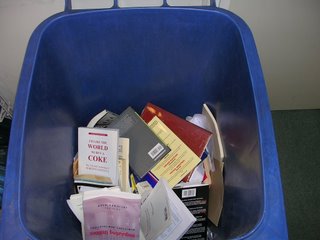
It made me wonder what the 'Spanish Inquisition' leadership style was all about. It made me save the book aswell as 19 others.
If readers of this blog would also like to trim down their library because they think 'print is dead', please send me a note so I can rescue at least all your managementbooks.






